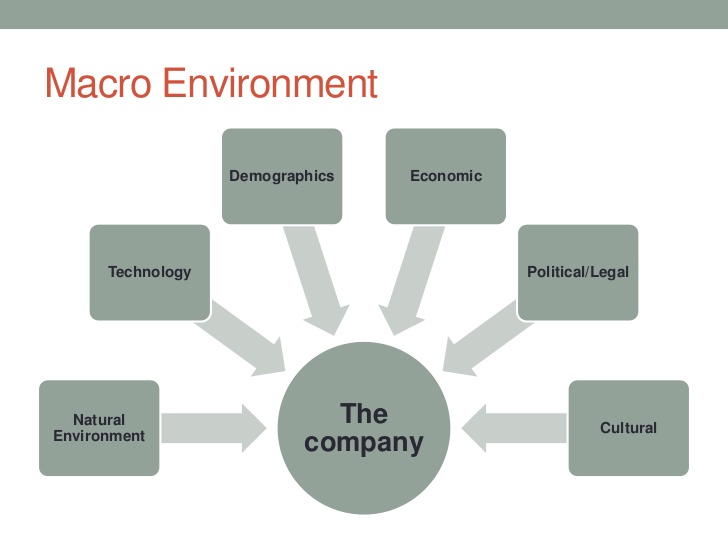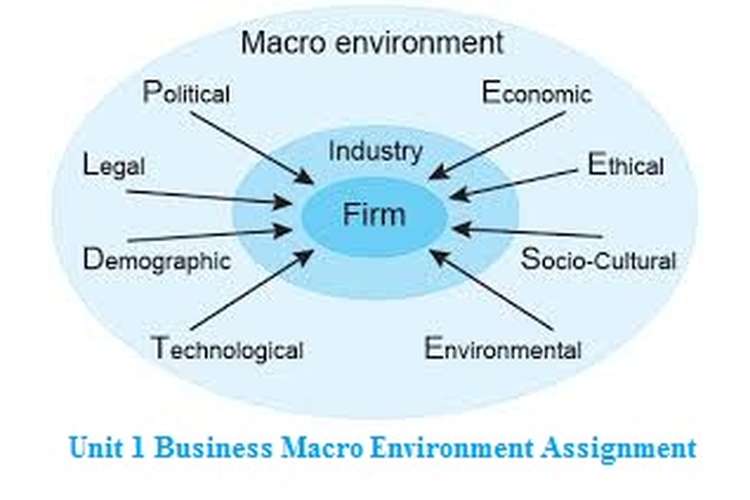
" Mechanisms Behind the Monarch's Decline." Science, vol.

" Yellowstone Bats: An Important Indicator of Ecosystem Health." National Park Service.Īgrawal, Anurag A. 3, 2015., doi:10.1016/j.mambio.2015.03.005 The present study has been undertaken to inspect the importance of micro- (i.e., Supplier, Competition, Financial and Regulatory Agencies) and macro- (i.e., economical, technological, natural environmental, government interventions, political and socio-cultural) environmental factors for entrepreneurial success and to assess the. " Bats as Bioindicators: An Introduction." Mammalian Biology, vol. " Recreational Water Quality Criteria." Environmental Protection Agency. " Bacteria: The Natural Indicator of Environmental Pollution." Freshwater Microbiology: Perspectives of Bacterial Dynamics in Lake Ecosystems, ch. " Woodland Salamanders as Metrics of Forest Ecosystem Recovery: A Cast Study from California's Redwoods." Ecosphere, vol. " Saving Salamanders: Vital to Ecosystem Health." United States Geological Survey. " Wildlife Health Indicators and Mercury Exposure: A Case Study of River Otters (Lontra canadensis) in Central British Columbia, Canada." Ecological Indicators, vol. " Impacts of the Deepwater Horizon Spill on Salt Marsh Periwinkles ( Littoraria irrorata)." Environmental Science and Technology, vol. " Marsh Periwinkle Snail." Louisiana Universities Marine Consortium. " Interspecies Variation in the Susceptibility of Adult Pacific Salmon to Toxic Urban Stormwater Runoff." Environmental Pollution, vol. " Atlantic Salmon (Protected)." National Oceanic and Atmospheric Administration Fisheries. " Mayfly Larvae (Ephemeroptera)." Maine Department of Environmental Protection. " Northern Spotted Owls." National Park Service. " Lichens as Bioindicators." National Park Service. " Bioindicators: The Natural Indicator of Environmental Pollution." Frontiers in Life Science, vol. " Surrogate Species: Piecing Together the Whole Picture." National Park Service. " How Do Ecologists Select and Use Indicator Species to Monitor Ecological Change? Insights from 14 Years of Publication in Ecological Indicators." Ecological Indicators, vol. This means an ecological study can include anything from bacterial cells (3), to gut flora, through to how many generations of aphids can populate a plant, all the way up to how deserts form and maintain a constant balance, and the impact of rainforests and ice fields on the Earth's natural processes or are impacted by planetary fluctuations (2).Siddig, Ahmed A.H., et al.

Some ecosystems can change quickly while some remain constant over longer periods Changes to and movement of, energy and materials through an ecosystem.How and why ecosystems begin or are changed when subject to external pressures.Distribution, abundance and spatial concentration, and biodiversity.The processes that make up biological life including adaptation.It has as much in common with physiology, behavioral sciences and the evolutionary sciences as it has with environmental sciences (2) in concerning time and space. Ecology is about biodiversity in a given environment. It's considered a form of environmentalism and it is usually associated with these sciences, but it also includes aspects of biology, botany, zoology, genetics, bacteriology, chemistry and physics. This includes their interaction with other organisms within that environment - essentially their “interrelatedness” as a functioning network (1, p25).

Introduction to Ecology - What It Is, What it Isn'tĮcology studies organic life, examining such elements as spatial distribution (local or general) abundance and their relationship with the environment. That essentially defines what it is - the study of relationships between those who occupy a home.

The word “ecology” comes from the Greek and means “house study” or “living relations study”. Although closely associated with environmentalism and conservation today, it does not necessarily follow an ecology can also be human gut flora, how the elements of an urban environment function and the ecology of soil nutrient cycles. Ecology is an environmental science in its most literal sense - the study of environments and the entities within it.


 0 kommentar(er)
0 kommentar(er)
